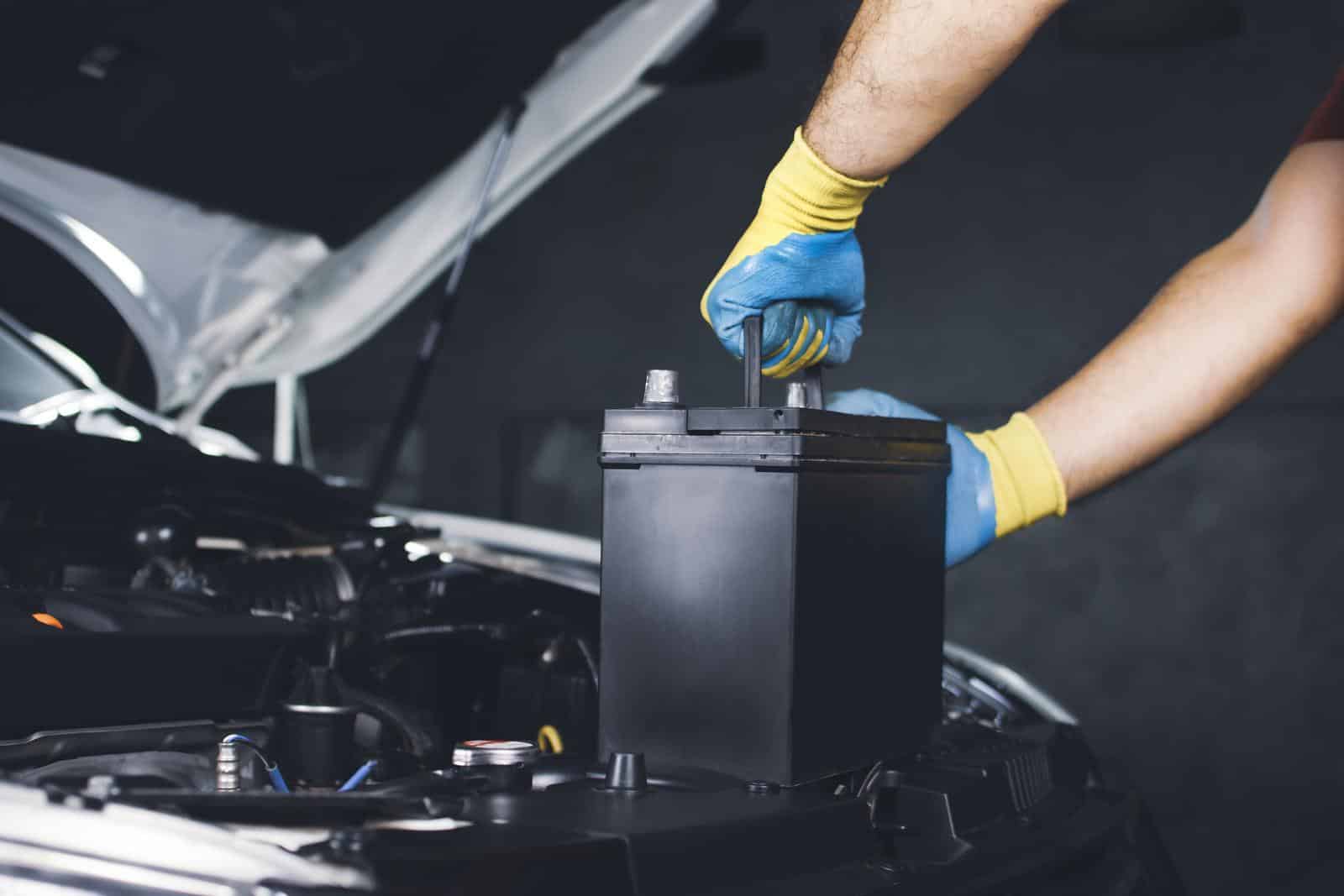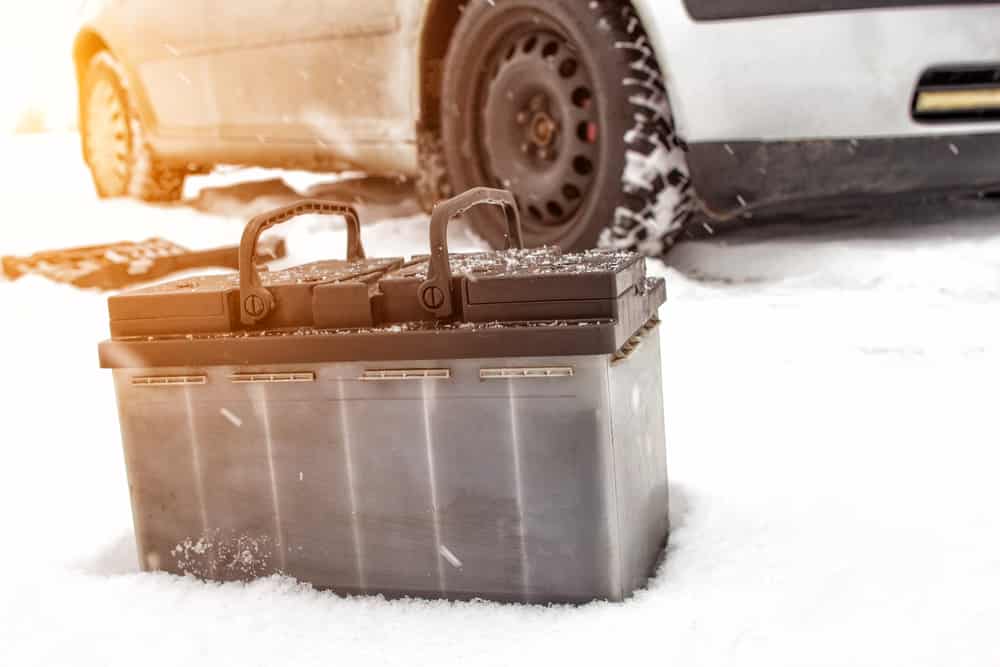Simple Things You Can Do to Reduce Fuel Consumption in Your Car.
Introduction
The price of a gallon of gas seems to increase day by day as oil import goes crazy all over the world. To reduce future fuel costs, fuel providers are increasingly marketing alternative fuels and non-specifically additized fuel that they claim will save you money. Fuel consumption reductions because of these additives and a low-carbon fuel standard increases the efficiency of fuel injection and fuel filters.
Without going into the politics of the price of gas, three main factors affect the fuel usage of your car:
- Driver Behavior and driving techniques
- Vehicle maintenace
- Improved routing
Taking care of these three factors will clarify 90% of your questions about fuel economy. Here are 15 tips that will tell exactly what will reduce fuel consumption of vehicles, save you money and protect the environment.
Don’t Accelerate too quickly

Don’t accelerate too quickly. Accelerate slowly and carefully. Apply consistent pressure to the car’s pedals. Rapid acceleration and heavy braking wastes energy and increases fuel usage. Take five seconds to accelerate your car up to twenty kilometers per hour from a stop. Visualize having an open cup of HOT coffee on your dashboard while driving. You don’t want to spill the hot stuff on you. Better yet, picture having an egg underneath your accelerator pedal. You want to speed up gently so that you don’t crack the egg.
Maintain a steady speed

Maintain a steady speed for optimal fuel economy. Cruise control is a great tool for the reduction of fuel consumption. Tests have shown that the optimal speed for most vehicle engines is between 50 and 85km per hour when driving on the highway. When conditions permit, set your cruise control to this range. This will help save fuel. As long as there are no other vehicles on the street, you can let your car coast down hills without burning extra gas. Remember that minor variations in speed are fine when gravity does the work, so take advantage of this natural phenomenon. For cars with a manual transmission, NEVER put your car into neutral when going downhill. It is dangerous and actually illegal in many states.
Avoid high speeds

Avoiding high speeds has a major impact on fuel efficiency. Speed limits are not just for road safety. Cars should be driven at speeds that are safe and efficient. Driving above the speed limit wastes gas and increases pollution. Cars, vans, pickups and SUVs are most efficient when they’re driving at an average speed between 50 and 80 kilometers an hour. At speeds above this range, fuel efficiency goes down rapidly. For example, you can use 20% more gas traveling at 120Km/hr than if you travel at 100Km/hr. And yet you will only save 2 minutes for every 25km trip at this speed. Under normal circumstances, 20 percent fuel savings is certainly worth 2 minutes of your time. The cost of high speeds outweighs the benefit. Save highway driving speeds for the highway and not around town.
Coast to decelerate

Coasting to decelerate extends the life of your brake pads, is more comfortable for you and other passengers in the vehicle and reduces fuel usage. Harsh braking wastes your forward momentum and impacts the fuel economy of your vehicle. Fuel-efficient driving requires that you should always be aware of what is happening around you. Then you can see when it’s time to slow down and take your foot off the accelerator. This will allow you to coast to a stop rather than applying the brake too regularly.
You will save money by using less gasoline and save your brake pads and tires from premature wear.
Avoid idling your vehicle

As fuel efficiency standards increases fuel saving technologies are being implemented in cars to reduce fuel costs. Some modern vehicles have automatic stop-start technology which saves on fuel.
We do not recommend manually turning off and restarting your car while in traffic. However, it is okay to turn off your engine when parked for over 60 seconds. For example, while buying something in the shops or waiting for a passenger. The average 3.0Litre engine uses 300ml (one coffee cup) of fuel for every 10 minutes of idling time. Save some precious fuel by turning off your engine during such time. Less exhaust fumes also means a greener environment.
Minimize air conditioning

Use the AC in moderation. The air conditioning should be used on a low setting or not at all and you will see a significant reduction in fuel consumption. Air conditioning increases fuel consumption by demanding more power from the engine. The environmental benefit of rolling down your windows cannot be overstated.
Check your tire pressure every month

Many drivers are unaware that tire inflation pressure has a direct impact on fuel consumption. Under-inflating your tires by just 8 psi reduces your mpg (miles per gallon) by up to four percent and reduces the life of your tyres by over 10,000 kilometers. This means your tire life can be reduced by over a year for most drivers because of under inflation. You will find the recommended pressure for your vehicle on the edge of the driver’s doorpost or on the metal door covering of your fuel cap. Check your tire pressure regularly to reduce fuel consumption and increase the life of your tires.
Don’t carry unnecessary weight

Don’t carry unnecessary weight in your car. Get rid of unneeded items in the trunk of your car. By making sure your vehicle is as light as possible, you can improve the fuel consumption of your vehicle and save money on your fuel bill. Some drivers permanently store sports equipment, bike racks, books and even extra spare tyres in their cars. The operating cost of your car becomes much higher than designed with all this extra weight. Bike racks and roof racks also increase wind resistance and thus increase the fuel per mile used by your car. In fact, you waste about 1% of fuel for every 25kg of weight it carries.
Fill Your Tank Early in the Morning or Late at Night

There is a good reason why many heavy-duty vehicles love to travel at night. Fuel is dispensed by volume. If you fill up your car at night, you’ll get more gas than if you filled up during the day. This is because the fuel is denser at night and early morning when temperatures are lower.
This type of vehicle also operates more efficiently at night when temperatures are cooler. The energy consumption and oil consumption of a commercial vehicle is much better in the cooler temperature and lower traffic at night. Medium- And Heavy-Duty vehicles have much more stringent fuel consumption standards and you can save money by adopting some of their tricks.
Combine trips

Longer trips allow you to drive more efficiently. With longer trips, your car’s engine warms up more efficiently. You can choose efficient routes and run errands one after another without wasting time.
Make use of driver apps like google maps and Waze even if you use the same route every day. They have valuable real-time traffic information which will give you the alternate routes and save you time and money. A few minutes of planning helps you avoid backtracking and rush hour traffic and ensures that you are always on the fastest route.
Anticipate traffic

Look ahead while driving to see what is approaching. Keep a comfortable distance between your car and the one in front. Learn to shift your attention from pedestrians to other vehicles and imagine what they will do next. Look ahead while you’re driving to see what’s coming up. Keep a comfortable distance between your car and the one in front. It’s also safer to drive this way and more fuel efficient.
Drive less

Driving less is the best way to cut fuel consumption. Walk or ride a bike for short distances. You will save money and the exercise is good for you. You will also avoid the stress of road congestion. Public transportation is also an option. Joining a car or van pool saves fuel and reduces emissions.
Replace Bad Spark Plugs

Spark plugs are used to ignite the fuel in your engine and so any problem with them can cause significant fuel loss. Tests indicate that bad spark plugs can cause up to 30% fuel loss. When they fail, it causes a loss of power and efficiency. Check them regularly and always choose good quality replacements if necessary. The potential fuel savings of a good quality spark plug is worth the extra cost.
Replace dirty air filters.

Dirty air filters cause your car’s engine to work much harder than it has. A clean air filter will allow your engine to perform more efficiently and help you save money at the pump.
Make sure the gas cap is on tight.

Over 140 million gallons of fuel are lost every year due to evaporation because fuel gas caps were not screwed on tight.
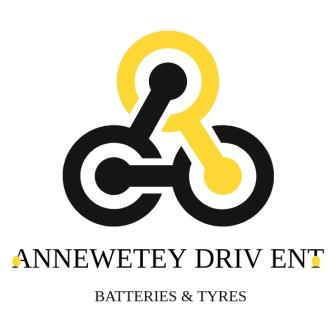
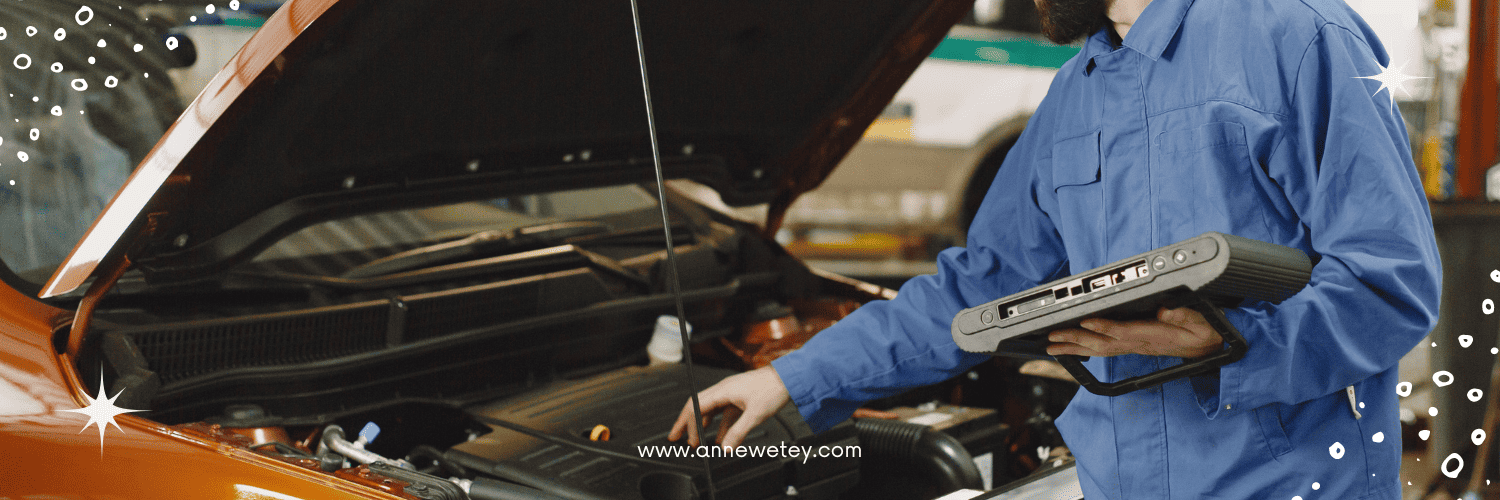
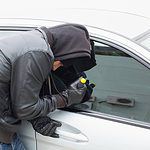 Previous Post
Previous Post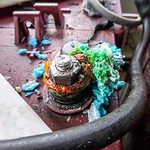 Next Post
Next Post